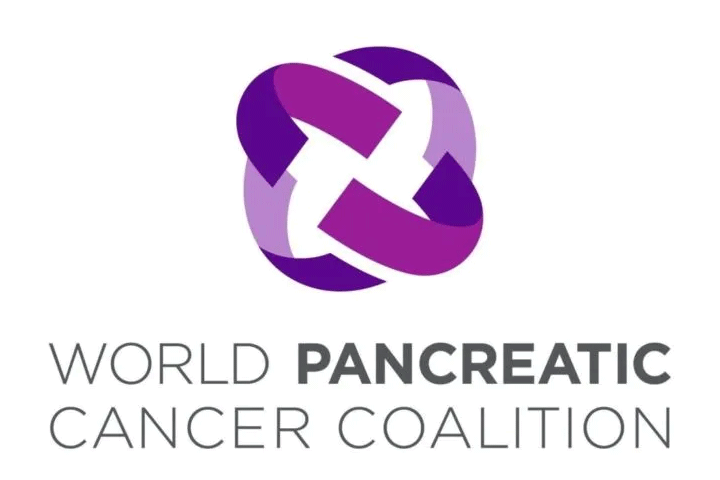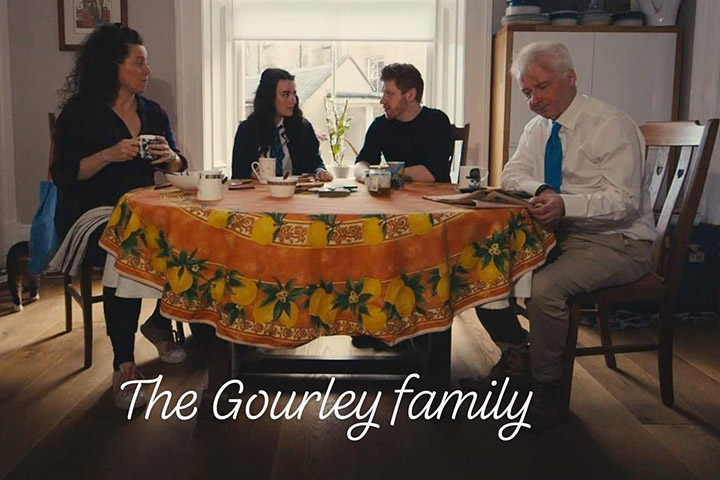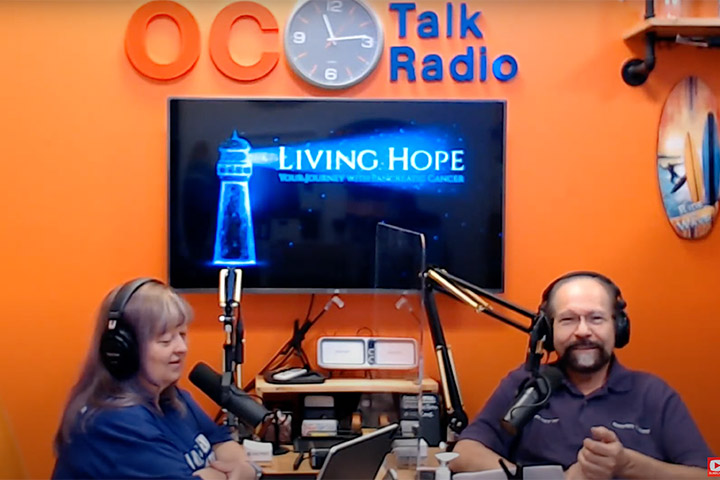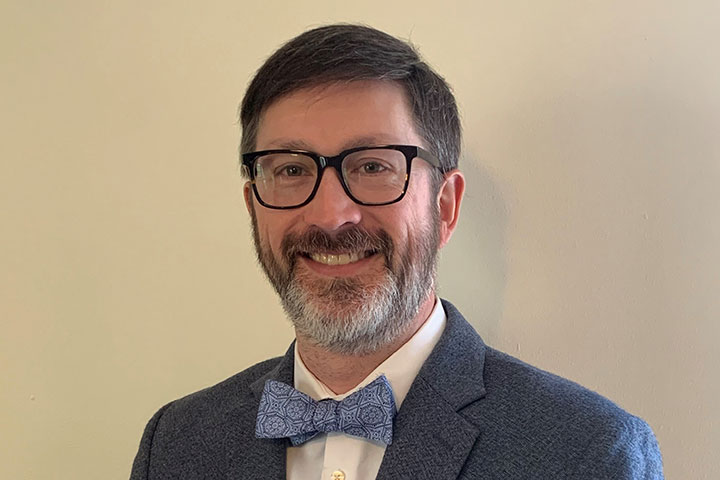Meet the World Pancreatic Cancer Coalition

When you have a difficult-to-diagnose disease, and one that’s relatively rare and tough to treat, finding meaningful answers can be a challenge.
That’s where the World Pancreatic Cancer Coalition (WPCC) comes in. Founded in 2016, WPCC brings together more than 95 member organizations that represent 35 countries to raise awareness and advance research.
“There are so many organizations around the world that focus on pancreatic cancer,” says Julie Fleshman, President and CEO of Pancreatic Cancer Action Network (PanCAN), and Chair of the Steering Committee of WPCC. “Our goal is to increase visibility in communities across the world, so whether you’re a patient, family member, or someone who is interested in fundraising, we can link you to the appropriate pancreatic cancer organization in your local community.”
You can think of WPCC’s member organizations as a sort of “who’s who” in the pancreatic cancer space, where outspoken advocates from across the globe come together with one common goal: to advance progress for pancreatic cancer patients.
Member organizations focus on myriad aspects, increasing awareness and advancing pancreatic cancer knowledge and treatment. A few key areas of interest:
- Fundraising for pancreatic cancer research
- Improving outcomes and enhancing quality of life for pancreatic cancer patients
- Increasing awareness of symptoms and risk factors to increase early detection
- Advocacy
Hope for Pancreatic Cancer Patients
In the United States, pancreatic cancer is the third deadliest cancer; the five-year survival rate is just 10 percent. With the global collaboration of WPCC, groups are banding together to make a dent in these sobering statistics.
“By sharing best practices and leveraging expertise, we strengthen our collective impact and the impact of individual member organizations that will drive change,” Fleshman says. A key focus for WPCC is increasing the reach of the organization’s annual World Pancreatic Cancer Day (WPCD), which is on November 19th in 2020. WPCD aims to raise awareness about the symptoms and risk factors of pancreatic cancer to drive earlier detection and save lives.
The theme for 2020 is “It’s About Time.” WPCC members show unity by sharing the same WPCD images on social media and promoting local activities such as arranging to have local landmark lit with purple lights, the pancreatic cancer advocacy color.
Each member organization has access to universal tools and resources for WPCD and throughout the year. The end result: The public not only receives consistent data and up-to-date messaging about pancreatic cancer, but member organizations have a forum where they can collaborate and share resources.
Get Connected
While this year is undoubtedly a challenging one, WPCC has transitioned all Coalition work to virtual experiences. The organization is guided by a steering committee. Besides Fleshman, current members include Barbara Kenner, Kenner Family Research Fund (USA); Cindy Gavin, Let’s Win! Pancreatic Cancer (USA); Daniel Goulburn, #PurpleOurWorld(Australia); Diana Jupp, Pancreatic Cancer UK (UK); Kathi Apostolidis, European Cancer Patient Coalition (Belgium); Stefanie Condon-Oldreive, Craig’s Cause Pancreatic Cancer Society (Canada); and Tomáŝ Kruber, OnkoMaják (Czech Republic).
The WPCC continues to grow, and any not-for-profit patient advocacy organization that provides services or disseminates information to people affected by pancreatic cancer can join.
“We’ve seen partnerships form between organizations within the same country, where the health care and the culture are the same, that didn’t exist before the Coalition,” Fleshman says. That’s when she knows their mission is working. “The smaller organizations with less experience can learn from the larger organizations that have been around for longer,” she adds.
From science and early detection to fundraising strategies, collaboration between organizations has proven to play a key role in advancing pancreatic cancer research and treatment. “It’s all about raising awareness, sharing resources, and learning from each other,” Fleshman says.






